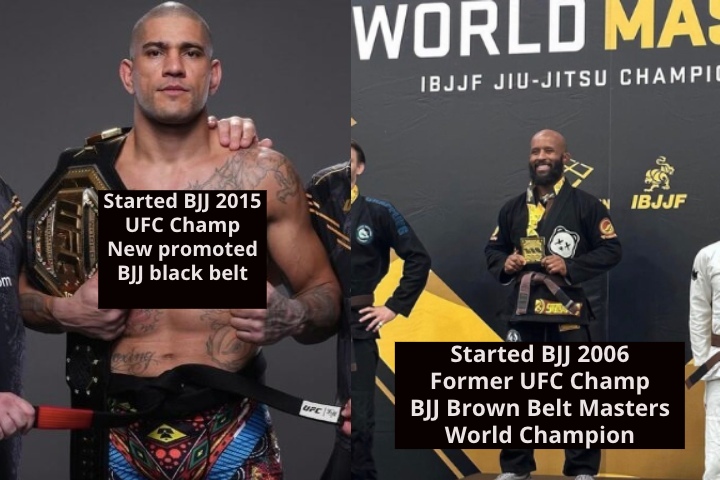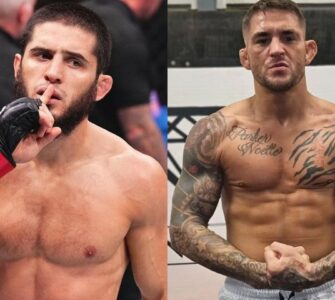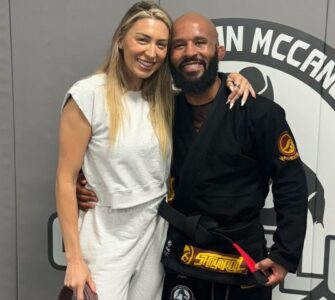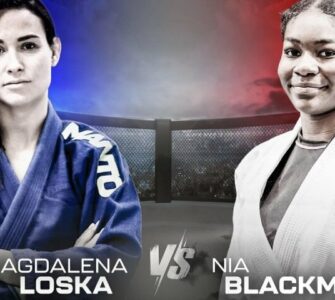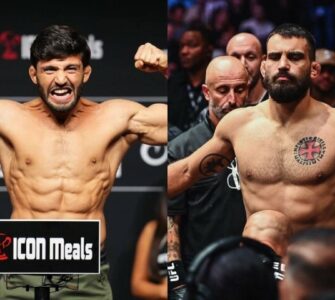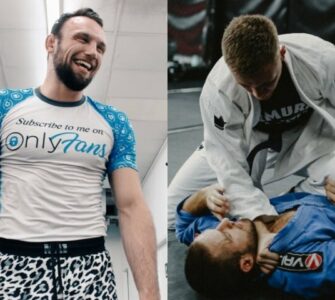UFC light heavyweight champion Alex Pereira’s promotion to a black belt in Brazilian Jiu-Jitsu by Glover Teixeira certainly sparks an interesting conversation about what constitutes readiness for such a rank in the sport, especially in the context of MMA.
Traditionally, the progression through BJJ belt ranks is influenced by a combination of factors including technical knowledge, competition performance, teaching ability, and time spent at each belt level. In pure BJJ circles, it’s not uncommon to see practitioners spend many years at each belt, particularly as they approach the black belt level.
Demetrious Johnson’s BJJ Journey Compared to Alex Pereira:
- Demetrious Johnson: Started BJJ in 2006 and has consistently competed in BJJ, focusing on mastering the sport in both gi and no-gi contexts. His gradual progression up to a brown belt, despite his extensive experience and competitive success in BJJ tournaments, highlights a traditional and perhaps more conservative advancement approach.
- Alex Pereira: Began training BJJ around 2015 and while he has achieved high-level success in MMA, his grappling has not been showcased prominently in his fights. His background primarily lies in kickboxing, where he is a former Glory Kickboxing champion. His BJJ promotion, coming shortly after a significant MMA victory, could be seen as reflecting his overall combat sports capabilities and potential rather than a deep, competition-proven grappling resume.
Assessment of Pereira’s BJJ Skills:
- In MMA, the ability to integrate BJJ effectively with other martial arts is crucial. Pereira’s BJJ skills, while not as publicly demonstrated in competitions or fights, may still be quite proficient, particularly in terms of MMA-applicable grappling, defense, and submission skills under the tutelage of a respected coach like Glover Teixeira.
- His black belt promotion might also reflect his understanding of BJJ principles as they apply to MMA and his ability to apply these techniques in training and sparring sessions, which are less visible to the public but highly relevant.
The Context of the Promotion:
- BJJ promotions in the context of MMA can sometimes reflect considerations beyond pure grappling competitions. Factors like a fighter’s overall understanding of the art, their ability to teach and help others improve, and their contribution to the sport in other ways are often considered.
- Glover Teixeira, himself a respected figure in the MMA and BJJ communities, likely considered multiple facets of Pereira’s skill set and martial arts philosophy when awarding the belt.
Starting as an elite kickboxer, Pereira’s commitment to enhancing his grappling skills led to significant progress, culminating in his promotion to BJJ brown belt about a year and a half ago.
He even showed off his grappling skills in a recent training footage:
You have to get tired, if you get tired it’s because you trained.
You can’t play here, the people here are badass.Training here with Glover [Teixeira], there’s no way not to learn.
With all the experience he has, the experience in the middle of the fight, UFC champion, I’m learning every day.
I’ve seen a lot of people criticizing, not wanting to train.
I go there and train with women, with older, heavier guys, beginners…That’s how we evolve.
While Pereira’s black belt promotion might raise eyebrows given his limited public display of BJJ in competition, it likely takes into account his comprehensive martial arts skill set, learning, application in MMA contexts, and potential as a BJJ practitioner under MMA conditions. His progression contrasts with Demetrious Johnson’s more traditional path but aligns with the multifaceted nature of skill assessment in the hybrid environment of MMA.

